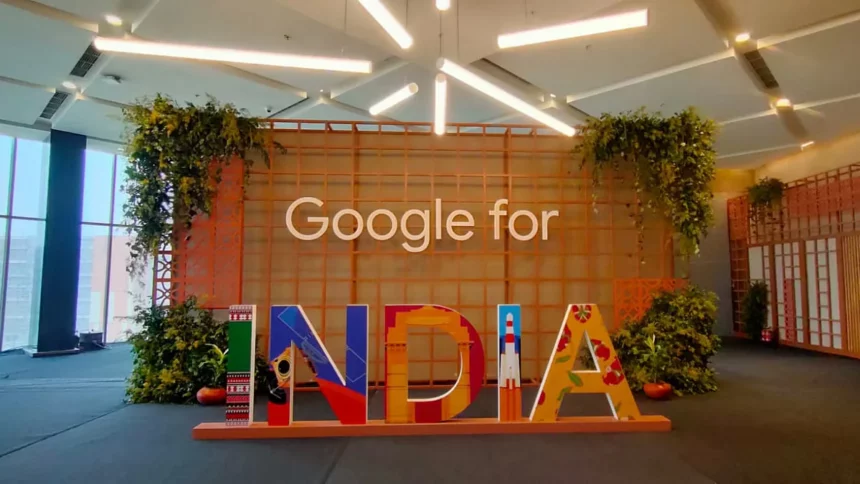Alphabet Inc’s Google announced on Friday that the recent antitrust ruling in India would increase prices for app manufacturers, developers, and users. The ruling, issued by the Competition Commission of India (CCI) in October, imposed a fine of $161 million on Google for exploiting its dominance in the Android market and ordered the company to modify restrictions placed on smartphone manufacturers related to the pre-installation of apps.
Google offers its Android system to smartphone manufacturers. Still, critics argue that the imposition of restrictions, including the compulsory installation of Google’s applications and the pre-installation of Google apps, is anti-competitive.
Google claims that these agreements allow it to keep Android completely free. In response to the ruling, Google has said it plans to appeal the decision, arguing that the CCI’s ruling is based on a flawed understanding of how the Android ecosystem works.
Earlier this month, Reuters reported that Google has advised in a Supreme Court challenge to the order that the Android ecosystem’s development in India is in danger of stagnation because of the ruling. Android runs on 97% of India’s smartphones. Google also warned that the ruling would lead to higher prices for consumers and fewer choices of apps.
The recent ruling has sparked concern among app manufacturers and developers, who fear that the increased costs resulting from the antitrust ruling will ultimately be passed on to users. As the tech giant continues to face legal challenges and regulatory scrutiny worldwide, experts predict that this ruling could set a precedent for similar cases in other countries.
This decision, along with other recent antitrust rulings against the company in other countries, highlights the growing concern among regulators worldwide about the potential negative impact of big tech companies on competition and consumers. As the case moves forward, it will be important to monitor the outcome and its potential impact on the tech industry and consumers.









